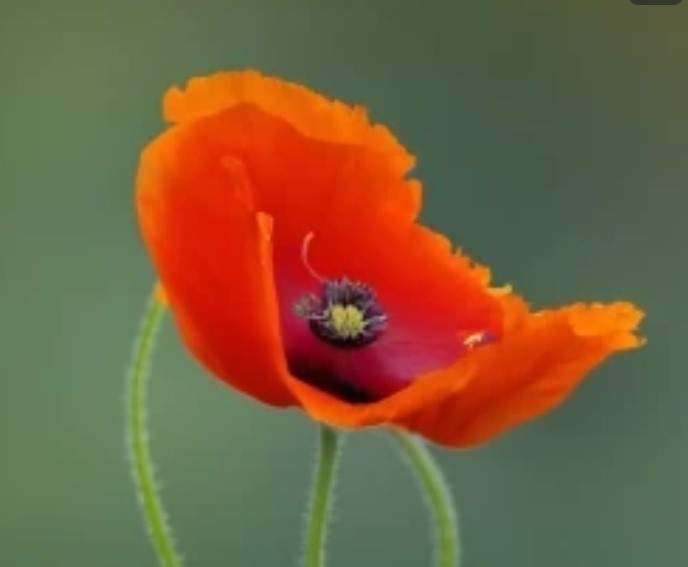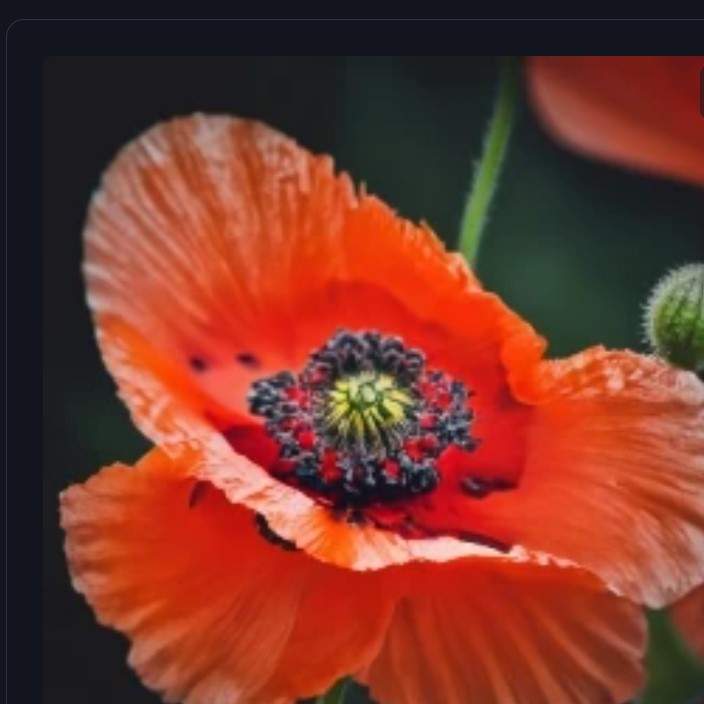
Poppy, also known as papaver somniferum, is a flowering plant that is widely cultivated for its opium alkaloids, which are used in the production of various pharmaceuticals, including morphine, codeine, and heroin. The plant is native to the Mediterranean region but is now grown in many parts of the world, including Asia, Europe, and North America.
Poppy plants are characterized by their delicate petals, which can range in color from white to pink to red. The plants typically grow to a height of around three feet and produce large, round seed pods that contain the plant’s seeds. These seeds can be used in cooking, either whole or ground, and are commonly found in a variety of dishes, including breads, pastries, and salads.
However, it is the opium alkaloids contained within the plant that have garnered the most attention. Opium is a powerful narcotic that has been used for centuries for its pain-relieving properties. Morphine, which is derived from opium, is still one of the most effective painkillers available today, while codeine is commonly used as a cough suppressant. Heroin, a highly addictive and illegal drug, is also derived from opium.

Due to its potent effects, poppy cultivation is strictly regulated in many countries. Farmers who grow poppies for medicinal purposes are required to obtain a license and adhere to strict guidelines to prevent the illicit production of drugs. In some regions, such as Afghanistan, where poppy cultivation is a major source of income for farmers, the issue of drug production and trafficking has become a major concern for governments and international organizations.
Despite its association with drug production, poppies are also valued for their ornamental qualities. Their vibrant blooms add a splash of color to gardens and landscapes, and their seeds are a popular ingredient in baking and cooking. Poppy seeds are rich in nutrients, including protein, fiber, and essential minerals like calcium and magnesium, making them a healthy addition to a balanced diet.

In conclusion, poppies are a versatile and fascinating plant with a rich history and a range of uses. From their role in the production of powerful pharmaceuticals to their culinary versatility, poppies have captured the interest of people around the world. While the cultivation of poppies for illicit drug production remains a concern, the plant’s beauty and nutritional value ensure that it will continue to be valued for years to come.









